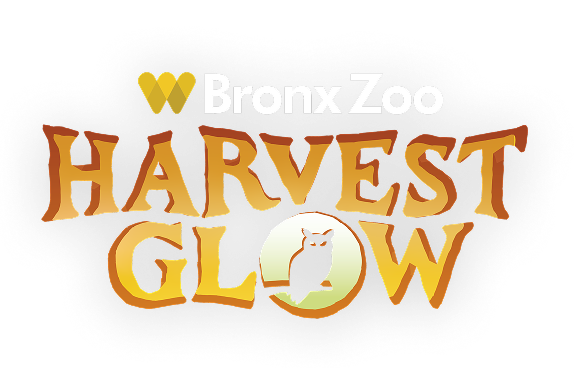Small Bugs, Big Science

“Bugs” are everywhere and are a fabulous gateway to the natural world. This P-Credit and CTLE course for pre-k and elementary teachers will help you dive into the miniature world of bugs to build on your own and your student’s cultural perspective towards bugs, to foster positive attitudes towards the amazing world of insects and the important role they play in the environment and our own lives. Learn how to cover language arts, math, social studies, and life science standards in fun, interactive ways. You will explore the biology behind these amazing animals, from life cycles to coloration, and take away tips and tricks for making your classroom activities into a very buggy adventure! Please note: While this course is designated with ASPDP for a specific grade band, educators of all grade levels are welcome to participate. For further questions, feel free to contact teacherinfo@wcs.org.
Location: Bronx Zoo
Dates: Monday, August 11 - Saturday, August 16
Times: 8:00 am - 4:30 pm per session
Price: $250
Course is eligible for: 45 CTLE Hours & 3 P-Credits or A+ Credits
Please note that this course includes 1-2 miles of walking outside. All paths are wheelchair accessible, see our webpage for Bronx Zoo Accessibility. The classroom for this program is located up a flight of stairs. If you have any accessibility needs, please contact your instructor as soon as possible. For more information see the Bronx Zoo's Know Before You Go page.For more information about Professional Development courses, please contact: teacherinfo@wcs.org or (718) 220-5136.
Meet Your Instructor

Danny Kirsch (he/him)
Danny is a Coordinator of Professional Development with experience as both an educator and researcher. He received his undergraduate degree, double majoring in Biology and Anthropology, from Williams College, and his Master of Arts in Ecology, Evolution, and Conservation Biology from Columbia University. Danny’s research has ranged from studying insect interactions, to observing animal-human interaction at 22 zoos in seven countries, to surveying zoo visitors to see how ambassador animals affect educational outcomes. He initially joined WCS as part of the New York Aquarium Education Department, and is thrilled to work with educators to see how zoos and aquariums can make science and conservation accessible and transformative


